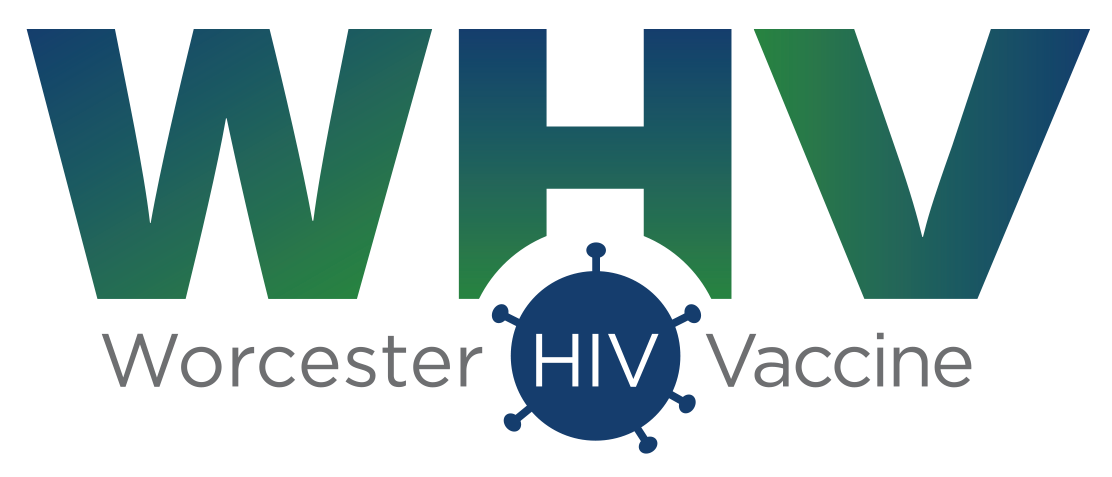Today on World AIDS Day 2023, we at WHV reaffirm our commitment to help end the HIV pandemic and keep focus on our mission to create a safe and effective vaccine to prevent HIV infections around the world. We proudly reflect back on the progress made in our product development program of PDPHV this year and would like to take this opportunity to highlight a few key milestones while also thanking our devoted collaborators, funders and – perhaps most importantly – our trial volunteers without whom the research advancements would not be possible.
One very exciting milestone that will be reached within the next few weeks is the completion of WHV138, a single-site phase 1b study and WHV’s first sponsored trial testing the safety and immunogenicity of our investigational product PDPHV – a heterologous HIV vaccine candidate with a 5-plasmid DNA component and a matched quadrivalent Protein vaccine component. Our trial partners presented the progress of WHV138 at the 2023 ISV Annual Congress in Lausanne, Switzerland (read more) showing the vaccine regimen to be safe and well-tolerated. Preliminary data suggests that PDPHV is immunogenic, even in the study arm that received a co-administration of the DNA vaccine and the non-adjuvanted protein vaccine. These are intriguing results that will be explored further in studies to come.
During the past several months, WHV worked with a number of renowned researchers on cutting edge antibody isolation and characterization studies to get a more detailed understanding of the specific immune responses elicited by PDPHV, the polyvalent DNA/Protein HIV vaccine candidate pioneered and later improved by Dr. Shan Lu. Together with our collaborators at New York University and Uniformed Services University of the Health Sciences, we discovered that first-generation PDPHV elicited human monoclonal antibodies (HmAb) with attributes that are comparable to mAb induced by HIV infection. These remarkable findings were presented at three major conferences in the United States and Europe this year (read more here and here) and they keep our hopes high that PDPHV may be a strong vaccine candidate against HIV infection. We are thus currently working on additional antibody isolation projects induced by second-generation PDPHV under the phase 1a HVTN124 protocol. More studies are underway focusing on possible correlates of protection against HIV infection as well as immune response comparison analyses across HVTN124 and other HIV vaccine trial protocols.
We have to thank the world’s most eminent HIV vaccine researchers for such major collaborative efforts that not only support the PDPHV product development, but also advances the HIV vaccine research field as a whole. Dr Shan Lu, professor Emeritus at the University of Massachusetts Chan Medical School and Chief Scientific Officer at WHV, emphasizes the need for more collaboration: “We are here to support each other and work together. It is not you against me, it is us against HIV.” The recent past has shown us that accelerated vaccine development is possible when researchers and stakeholders join forces to achieve a common goal. On this World AIDS Day 2023, let us be reminded that we all share a common goal: the development of an HIV vaccine that can eventually stop the spread of HIV worldwide. WHV is proud to take part in this mission with the support of our colleagues and the HIV vaccine research community.

